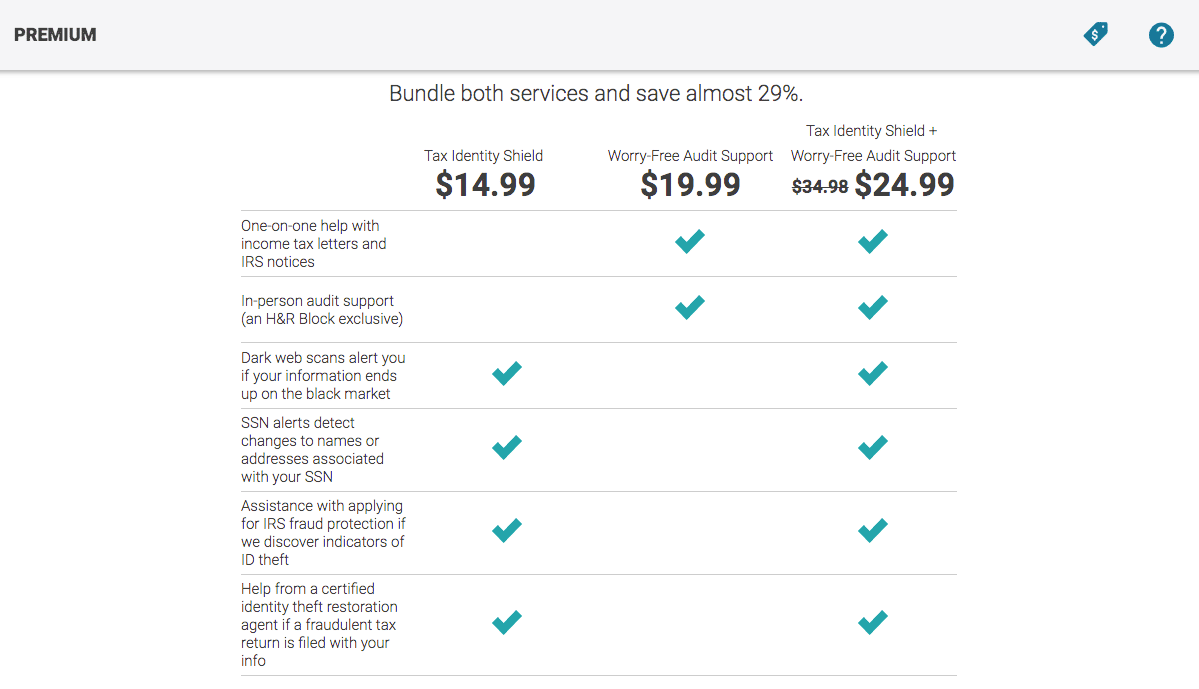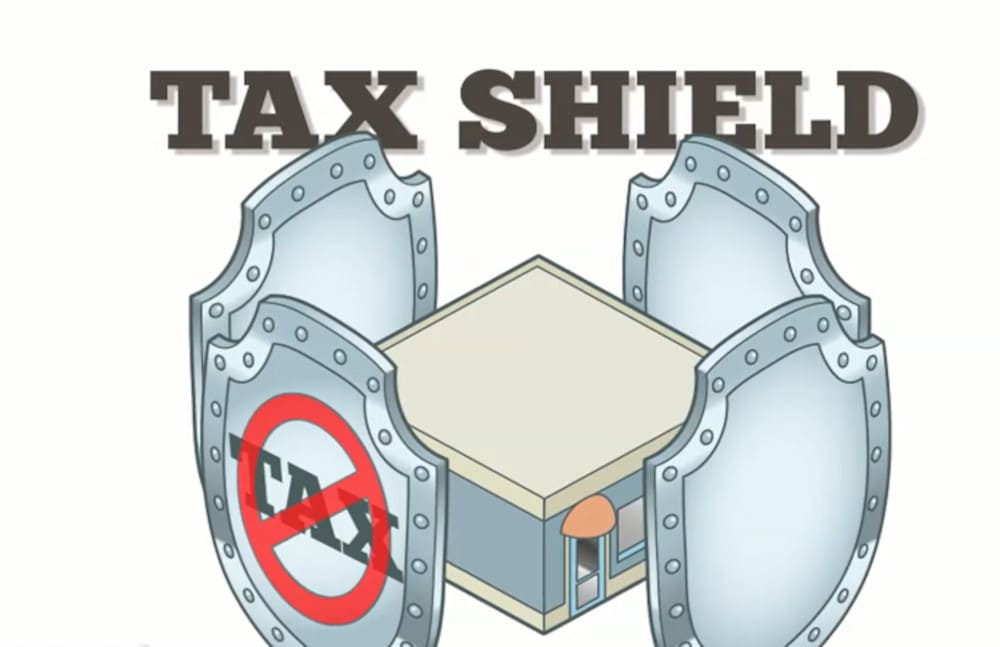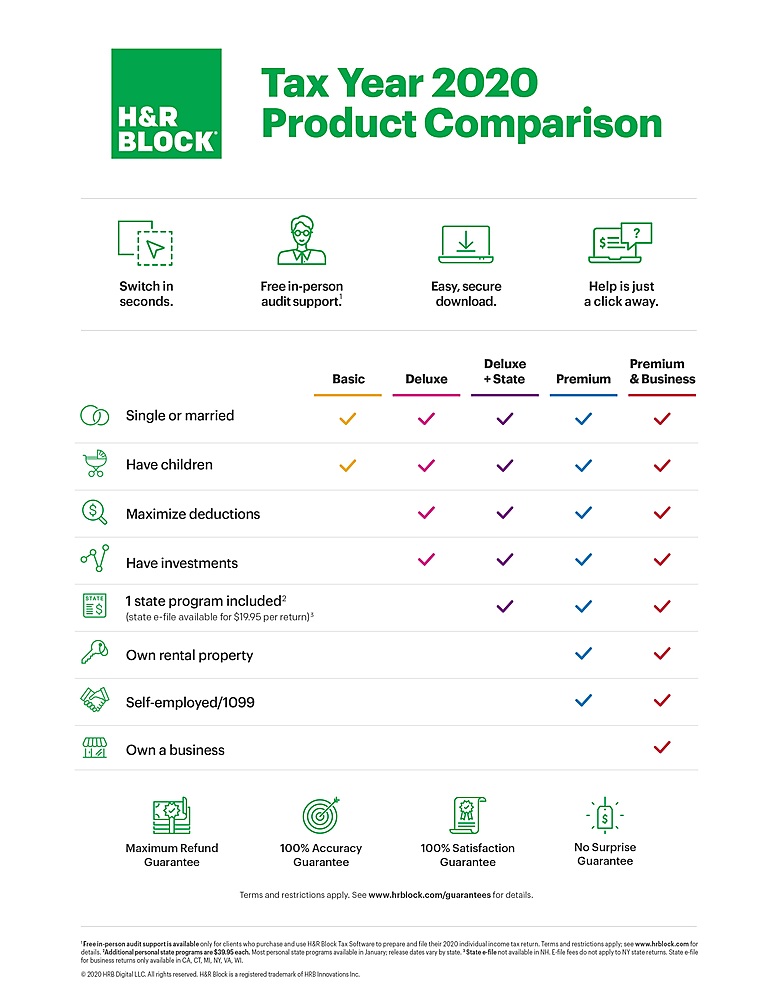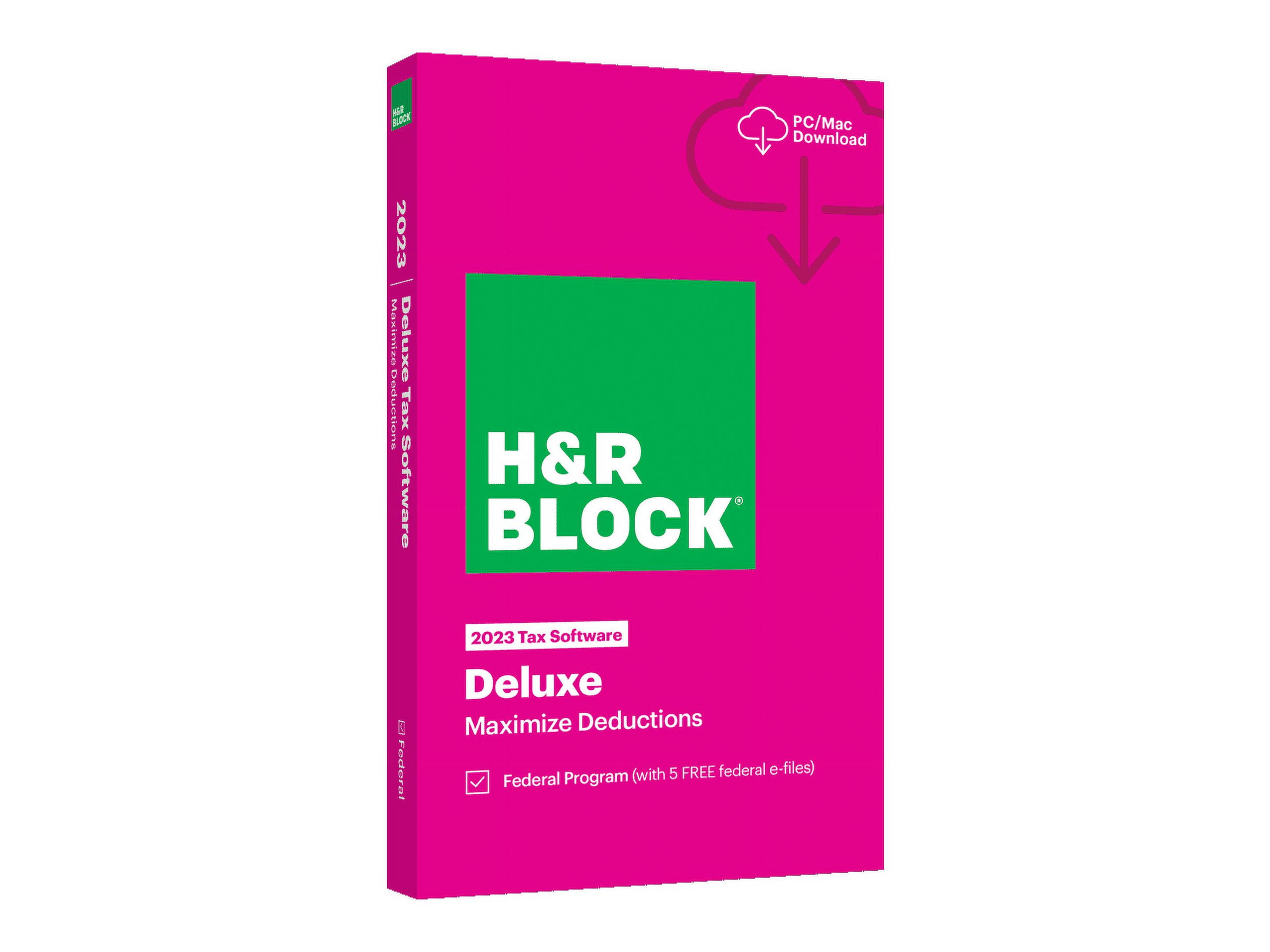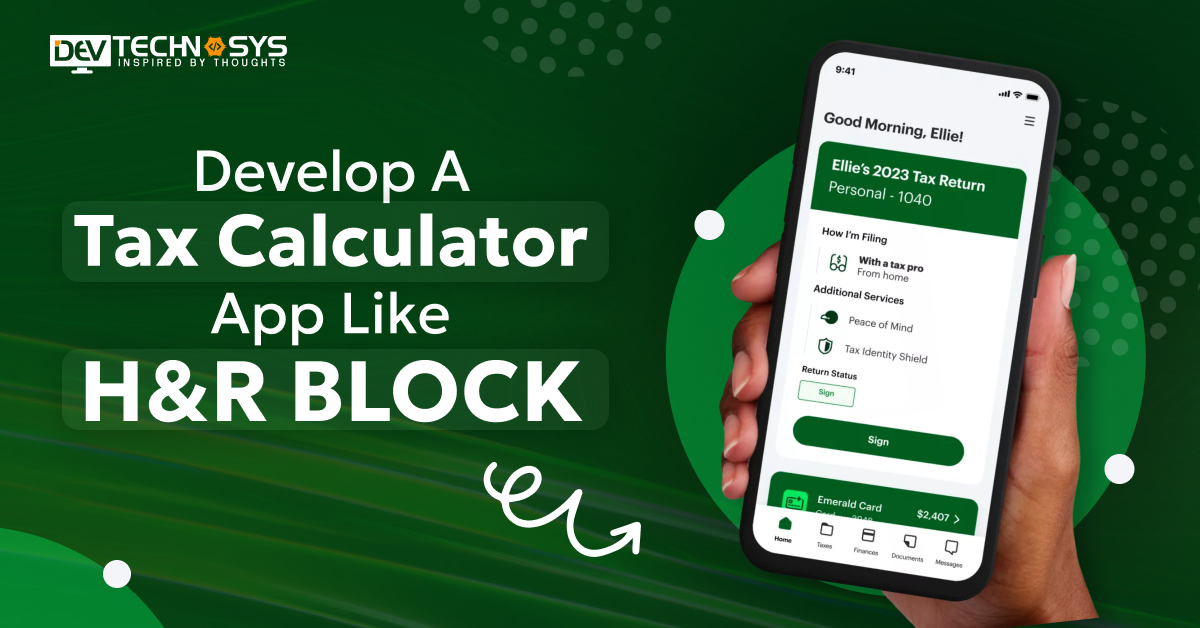Is H&r Block Tax Identity Shield Worth It

The threat of identity theft looms large in the digital age, casting a long shadow over tax season. Every year, millions of Americans become victims, facing the daunting task of reclaiming their financial identities and navigating the complexities of tax fraud.
H&R Block's Tax Identity Shield is marketed as a potential solution, promising to monitor for suspicious activity and provide assistance in the event of a tax-related identity theft incident. But does it truly offer peace of mind, or is it simply another added expense in an already costly process?
This article will delve into the features, costs, and limitations of H&R Block's Tax Identity Shield to help you decide if it's a worthwhile investment for your individual circumstances. We'll examine what the service actually provides, explore alternative options, and consider the overall value proposition against the backdrop of ever-evolving identity theft threats.
Understanding Tax Identity Theft
Tax identity theft occurs when someone uses your Social Security number (SSN) or other personal information to file a fraudulent tax return and claim a refund. This can lead to significant delays in receiving your legitimate refund, create complications with the IRS, and even damage your credit score.
According to the IRS, while they have made significant strides in combating tax fraud, the problem persists. The IRS works to detect and prevent identity theft refund fraud, but individual vigilance remains crucial.
The impact extends beyond financial loss. Victims often face a frustrating and time-consuming process to clear their names and restore their tax records, adding emotional distress to the financial burden.
What Does H&R Block's Tax Identity Shield Offer?
H&R Block's Tax Identity Shield primarily focuses on monitoring and assistance related to tax-related identity theft, rather than comprehensive identity theft protection.
Key features generally include: credit monitoring, identity restoration assistance, and help with filing an IRS Identity Theft Affidavit (Form 14039). The exact details of the offering can vary depending on the specific plan purchased through H&R Block.
Credit monitoring typically involves tracking your credit reports for suspicious activity, such as new accounts opened in your name. Identity restoration assistance provides guidance and support in resolving identity theft issues, including communicating with creditors and government agencies.
Credit Monitoring: A Closer Look
The credit monitoring component of the Tax Identity Shield is often provided by a third-party credit bureau. This service alerts you to changes in your credit report, potentially indicating fraudulent activity.
However, it's important to understand that credit monitoring doesn't prevent identity theft. It only alerts you after suspicious activity has occurred, allowing you to take action more quickly.
Many free or low-cost credit monitoring services are available from credit card companies and credit bureaus themselves, so it's wise to compare these options before paying extra for H&R Block's offering.
Identity Restoration: What Kind of Support?
The identity restoration assistance is designed to guide you through the complex process of recovering from tax identity theft. This can include providing personalized advice, helping you complete necessary paperwork, and communicating with the IRS on your behalf.
While this assistance can be valuable, it's crucial to clarify the extent of the support provided. Does it include legal representation, or is it primarily advisory?
Also, understand that many resources are available directly from the IRS and other government agencies to help victims of identity theft, often at no cost.
The Cost Factor
The cost of H&R Block's Tax Identity Shield adds to the overall expense of tax preparation. The price varies depending on the specific plan and promotions available at the time of purchase.
Consider the cost in relation to the potential benefits. Does the level of protection offered justify the expense, especially if you already have other identity theft protection services in place?
Comparing the cost with alternative options, such as standalone identity theft protection services or free credit monitoring, is essential before making a decision.
Alternatives to H&R Block's Tax Identity Shield
Numerous alternatives to H&R Block's offering exist in the market, ranging from comprehensive identity theft protection services to free resources offered by government agencies.
Companies like LifeLock, IdentityForce, and Experian IdentityWorks provide a broader range of identity theft protection features, including monitoring of non-credit accounts, dark web surveillance, and identity theft insurance.
Furthermore, you can take proactive steps to protect your identity, such as regularly monitoring your credit reports, using strong passwords, and being cautious about sharing personal information online.
Is It Worth It? A Balanced Perspective
Whether H&R Block's Tax Identity Shield is "worth it" depends on your individual circumstances and risk tolerance. Consider these factors:
Do you already have comprehensive identity theft protection? Are you comfortable managing your own credit monitoring and identity restoration if needed? How concerned are you specifically about tax-related identity theft?
If you lack other protection and find the idea of having assistance in the event of tax identity theft appealing, the service may provide some peace of mind. However, carefully weigh the cost against the potential benefits and explore alternative options before making a decision.
Moving Forward: Proactive Protection
Regardless of whether you choose H&R Block's Tax Identity Shield, taking proactive steps to protect your identity is crucial. This includes being vigilant about phishing scams, safeguarding your Social Security number, and monitoring your financial accounts for suspicious activity.
Stay informed about the latest identity theft threats and take steps to mitigate your risk. The Federal Trade Commission (FTC) offers valuable resources and tips for protecting your identity.
Ultimately, the best defense against tax identity theft is a combination of proactive protection and informed decision-making. By understanding the risks and available options, you can make the right choice for your individual needs and budget.

